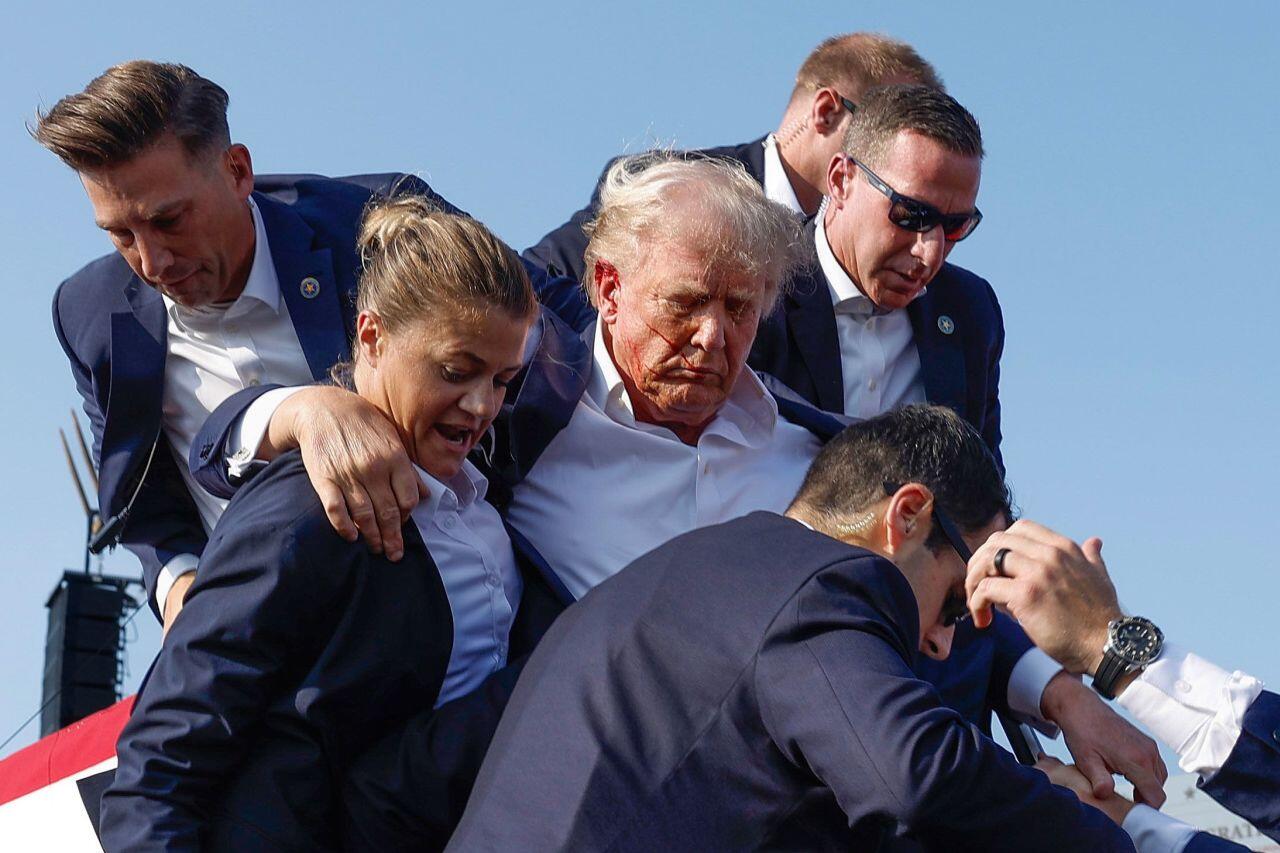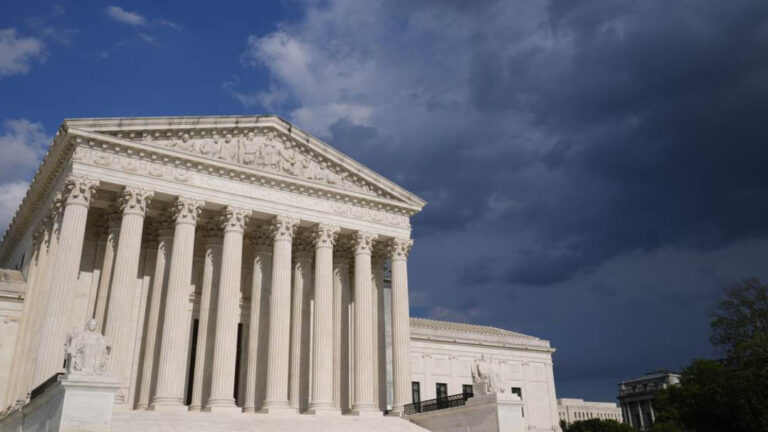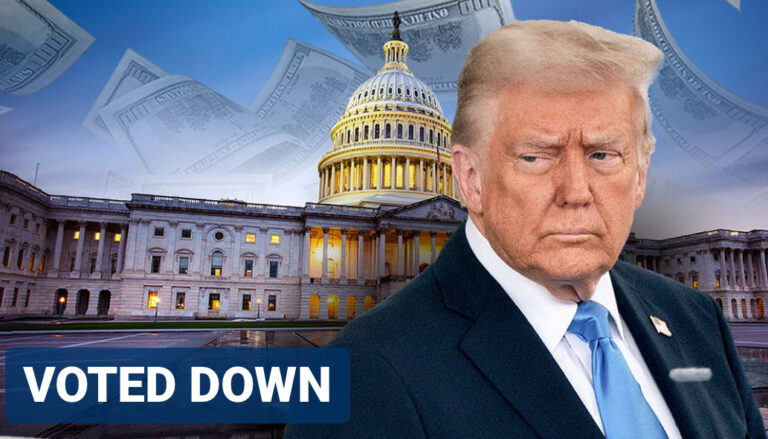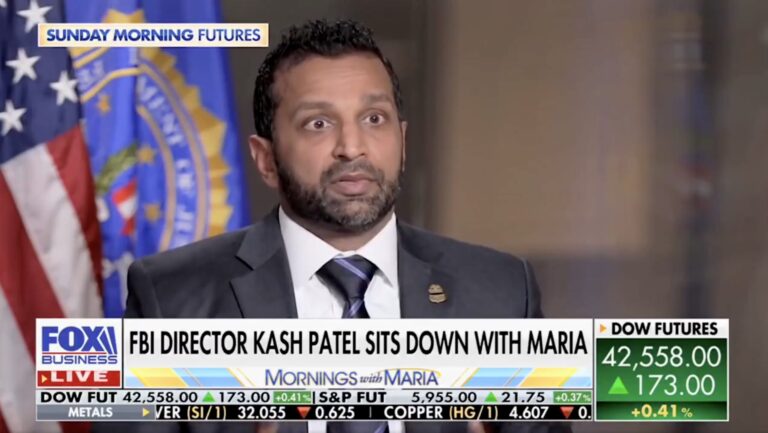Sen. Josh Hawley (R-MO) said on X that according to new whistleblowers, “MOST of Trump’s security detail working the event last Saturday were not even Secret Service,” and were instead “drawn from the department’s Homeland Security Investigations (HSI).
According to Hawley, “DHS assigned unprepared and inexperienced personnel.”
The Missouri Senator sent a letter to DHS Secretary Alejandro Mayorkas, which reads: “According to the allegations, the July 13 rally was considered to be a ‘loose’ security event.”
“For example, detection canines were not used to monitor entry and detect threats in the usual manner. Individuals without proper designations were able to gain access to backstage areas. Department personnel did not appropriately police the security buffer around the podium and were also not stationed at regular intervals around the event’s security perimeter.”
Whistleblowers tell me that MOST of Trump’s security detail working the event last Saturday were not even Secret Service. DHS assigned unprepared and inexperienced personnel
pic.twitter.com/eo4jNmJWFT
— Josh Hawley (@HawleyMO) July 19, 2024
US Secret Service whistleblowers have approached the House Judiciary Committee, claiming that there were limited resources to cover former President Donald Trump last weekend due to the North Atlantic Treato Organization (NATO) summit in Washington DC, as well as first lady Jill Biden’s campaign rally in Pittsburgh, PA.
Chairman Jim Jordan has demanded answers FBI Director Christopher Wray, according to the Daily Caller.
“Whistleblowers have disclosed to the Committee that the USSS led two briefings regarding the July 13 campaign rally on July 8, 2024, with the Western Pennsylvania Fusion Center (WPFC) and other stakeholders, to discuss the upcoming, unrelated visits by President Trump and First Lady Dr. Jill Biden,” reads a Thursday letter from Jordan to Wray. “The USSS Special Agent in Charge Tim Burke reportedly told law enforcement partners that the USSS had limited resources that week because the agency was covering the North Atlantic Treaty Organization (NATO) summit in Washington, D.C. FBI personnel were present at those briefings. While the Committee recognizes that the FBI is one of many agencies represented in the WPFC, it is the lead federal investigative arm and a key source of intelligence on potential threats for special events in its area of responsibility,” he continued.
“The Committee has several unanswered questions about the failures that led to the attempted assassination of a president—the first in over forty years—as well as the FBI’s ability to conduct a rapid, transparent, and thorough investigation in the wake of its recent scandals. Accordingly, to ensure that the Committee can effectively evaluate these matters during your testimony on July 24, 2024.”
Jordan seeks the following information from Wray:
- How many agents, analysts, and support personnel has the FBI dedicated to the investigation?
- Was there coordination between the FBI, USSS, and the WPFC prior to President Trump’s event on July 13?
- How many buildings had to be secured inside and outside of the security perimeter for President Trump’s event on July 13?
- Why was the roof of the AGR International building left unsecured?
- How much time elapsed between identifying the shooter as a potential threat and the attempted assassination?
- How much time elapsed between the local police officer encountering the shooter on the sloped roof and the attempted assassination?
- Has the FBI interviewed the local police officer who encountered the shooter?
- What does the FBI’s evaluation of the shooter’s phone and digital activity show about his actions and movements in the days and hours leading up to the attempted assassination?
-
Was the security posture at President Trump’s event limited due to resource constraints with the NATO Summit and/or First Lady Dr. Jill Biden’s event in Pittsburgh?
- Is the FBI’s investigation limited to the shooter and his motivations or does it include the security failures that led to the attempted assassination?
- How did communications breakdowns between various law enforcement entities affect the ability of local law enforcement and USSS to identify the shooter as a potential threat and mitigate the threat before he took action?
- What actions did the USSS take to remove or cover President Trump after a threat was known or detected?




